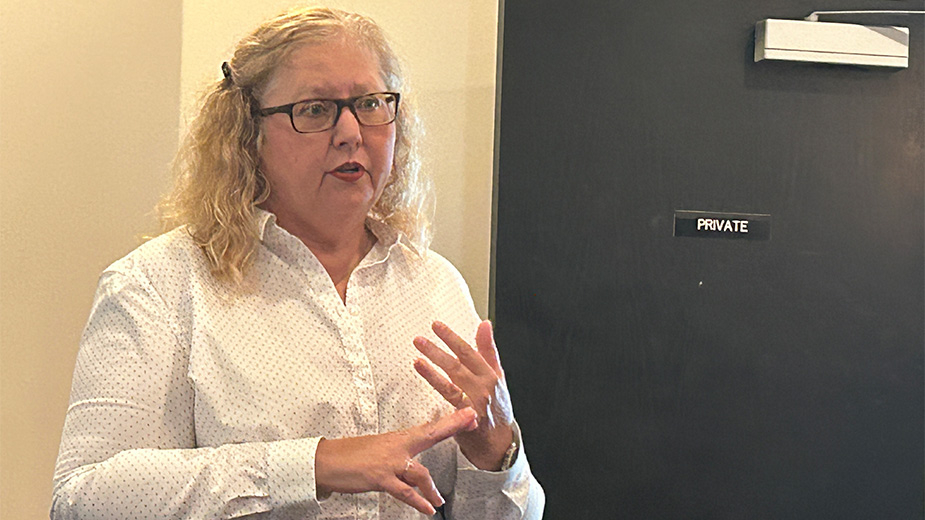Report: Loan Servicers Prey on Ohio Students
COLUMBUS, Ohio — Over a million Ohioans have student loan debt totaling more than $57 billion. Because Ohio public college tuition is higher than most other states, Ohioans borrow more. On top of that, Ohio’s predatory repayment climate means the state also has a high default rate, finds new research by Policy Matters Ohio.
Ohio is the 45th least affordable state for college. Since the recession, lawmakers cut funding for public college by $1,073 per student adjusted for inflation. Colleges in turn, charge more, leaving more struggling with debt, states the report.
“Ohio severely under-regulates loan servicing companies and debt collectors,” said Policy Matters researcher and the report’s author, Victoria Jackson. “Many student borrowers pay the price, especially those already facing structural barriers to good jobs or fair loans like women, people of color and low-income students.”
Loans servicers collect payments on a loan and advise borrowers on resources and benefits to better manage their federal student loans and respond to borrower inquiries. Almost half the complaints from Ohio about student loans fielded by the Consumer Financial Protection Bureau were for “dealing with your loan servicer or lender,” the report states.
Some unscrupulous companies allocate partial payments to maximize late fees and tell clients their minimum payment is higher than it actually is. Some charge improper late fees. Some companies withhold proper tax forms to deduct interest payments. One company was cited for making harassing phone calls late at night or early in the morning.
Even debt collectors that contract with the Ohio Attorney General charge exorbitant fees and use problematic collection practices to pursue student debt, according to the report.
WalletHub analyzed all 25-to 34-year-olds with student debt in the U.S. and determined Ohio was the worst state based on level of indebtedness and earning opportunities. In 2014, an estimated 42% of Ohioans with student debt couldn’t fully repay it due to financial difficulties or problematic loan terms. That year, nearly 27% of borrowers were in serious delinquency, late on payments, and 16% were in default, delinquent for longer than 270 days for federal loans, WalletHub found.
The Policy Matters report recommends that state policymakers require all bank and nonbank loan servicers to be licensed to operate in Ohio. A state ombuds’ office could address and monitor borrower complaints. Policymakers should also pass laws that prohibit the attorney general’s office from contracting with debt collectors that charge unlimited fees.
“Student borrowers are making an investment in themselves and their communities by pursuing a postsecondary degree,” Jackson said. “Ohio lawmakers should protect them.”
Copyright 2024 The Business Journal, Youngstown, Ohio.



